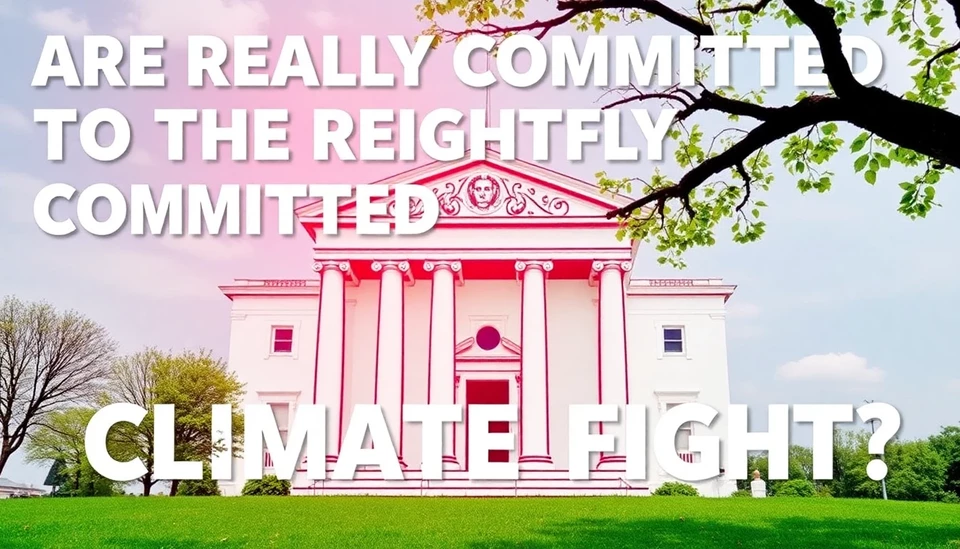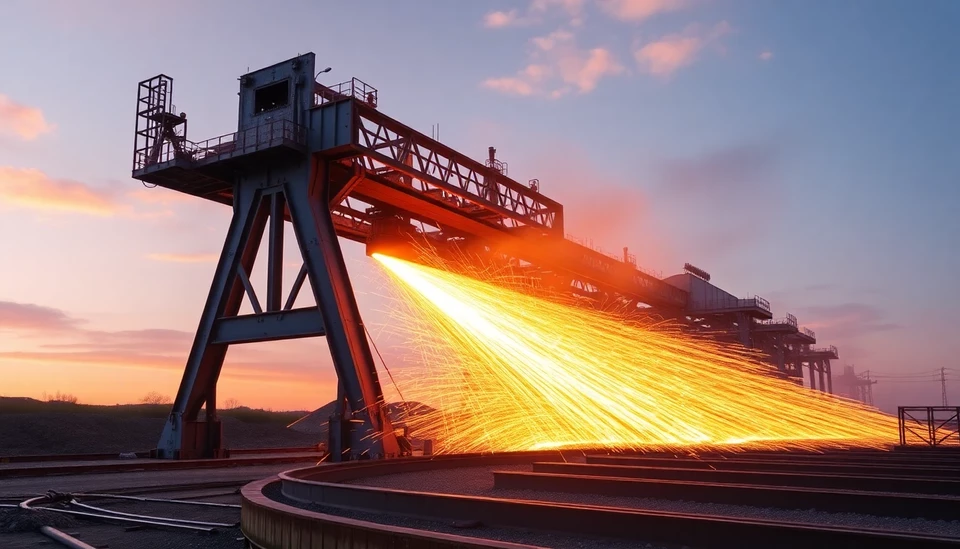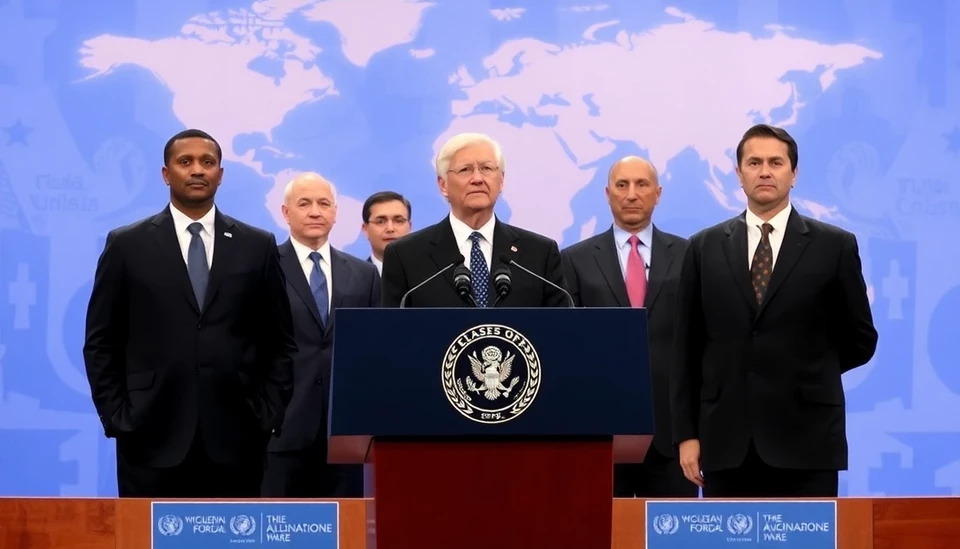
In an evolving narrative surrounding corporate responsibility and environmental sustainability, banks around the globe are asserting their commitment to combating climate change. However, these claims are now facing intense scrutiny as critics question the authenticity of their environmental pledges amidst ongoing fossil fuel financing.
As the world's financial institutions proudly tout their green initiatives, a trending debate centers on whether these purported commitments genuinely contribute to a sustainable future or merely serve as public relations maneuvers. Recent reports have shown that despite some banks reveling in their green messaging, they continue to funnel substantial financial resources into fossil fuel projects, thereby undermining their claims of being at the forefront of the climate fight.
The crux of the argument lies in the juxtaposition of banks' public statements against their operational practices. Several institutions have rolled out various initiatives aimed at promoting sustainable investments and reducing carbon footprints. This includes the establishment of ESG (environmental, social, and governance) criteria for assessments, the introduction of green bonds, and partnerships with organizations focused on renewable energy.
However, a closer examination reveals a paradox. A group of environmental non-profits has highlighted that many of these same banks are simultaneously providing billions in financing for coal, oil, and gas projects. For example, recent data shows that several major banks have collectively invested hundreds of billions into fossil fuels even after publicly committing to climate-oriented strategies.
Critics argue that such behavior raises serious questions about the sincerity of these institutions' climate pledges. They contend that these actions could be perceived as “greenwashing,” where companies exaggerate or mislead the public about their environmental efforts, which in turn poses a risk of undermining genuine sustainable practices across the finance sector.
In response to this backlash, banks are defending their approach by highlighting the complexities involved in transitioning towards a greener economy. They argue that financing fossil fuels in the short term is necessary to ensure energy security while simultaneously committing to a longer-term goal of sustainability. Many institutions emphasize their roles in facilitating the transition to cleaner energy, claiming that their funding of fossil fuel projects is a way to gradually shift towards renewable energy sources.
Moreover, banks assert that they are engaging in significant dialogues with stakeholders, investors, and regulators to increase transparency regarding their impact on climate change. They are also emphasizing a commitment to increasing their investments in renewable energy, advocating for policy changes, and intensifying efforts to assess and disclose climate-related risks.
Nevertheless, as the climate crisis intensifies, the pressure mounts for banks to not only reassure the public but to adopt substantial, actionable strategies that reflect their stated commitments to combat climate change. This includes aligning financing practices with global climate goals and ensuring accountability for the sustainability of their investments.
While the discourse around climate commitments continues to develop, the ongoing investigation into the duality of banks’ actions and intentions poses a significant challenge. The tension between financial profitability and climate responsibility highlights the urgent need for systemic change within the finance sector. As stakeholders increasingly demand greater accountability, the spotlight remains on banks to prove that their climate commitments are more than mere rhetoric.
As we move forward, the outcomes of this heated dialogue could carve paths toward greater corporate responsibility and environmental stewardship within the finance industry, or it could reveal a deeper reliance on fossil fuel funding that, if unchecked, could undermine progress in the fight against climate change.
#ClimateAction #SustainableFinance #Greenwashing #Banks #FossilFuels #ESG #ClimateChange #RenewableEnergy
Author: Megan Clarke




